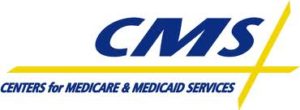Introducing…The Pennsylvania Department of Human Services
The Pennsylvania Department of Public Welfare is no more.
 The state executive branch agency whose Office of Medical Assistance Programs has overseen Pennsylvania’s Medicaid program since its inception has officially been renamed the Department of Human Services.
The state executive branch agency whose Office of Medical Assistance Programs has overseen Pennsylvania’s Medicaid program since its inception has officially been renamed the Department of Human Services.
The legislation requiring the name change takes effect in November and the department will phase-in its new name over time.
Read the press release from the governor’s office announcing the name change here.





